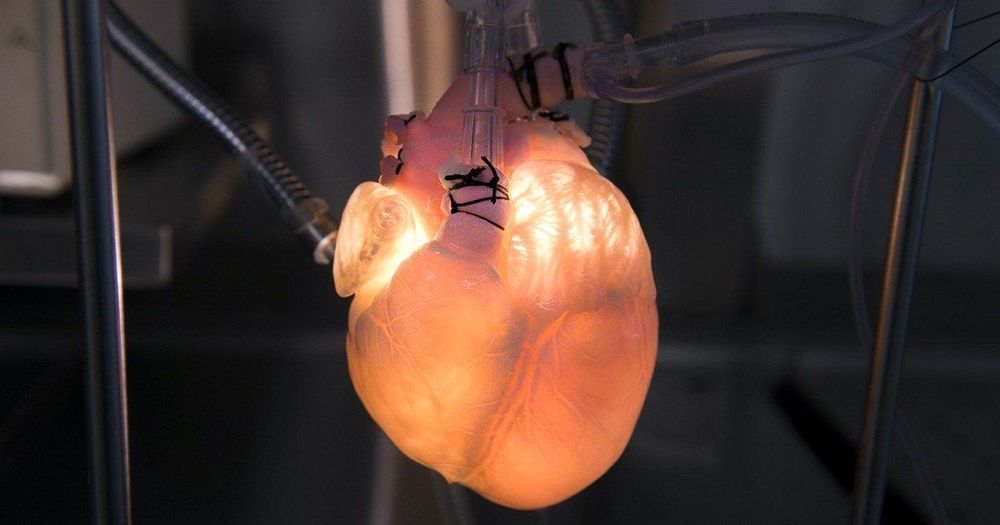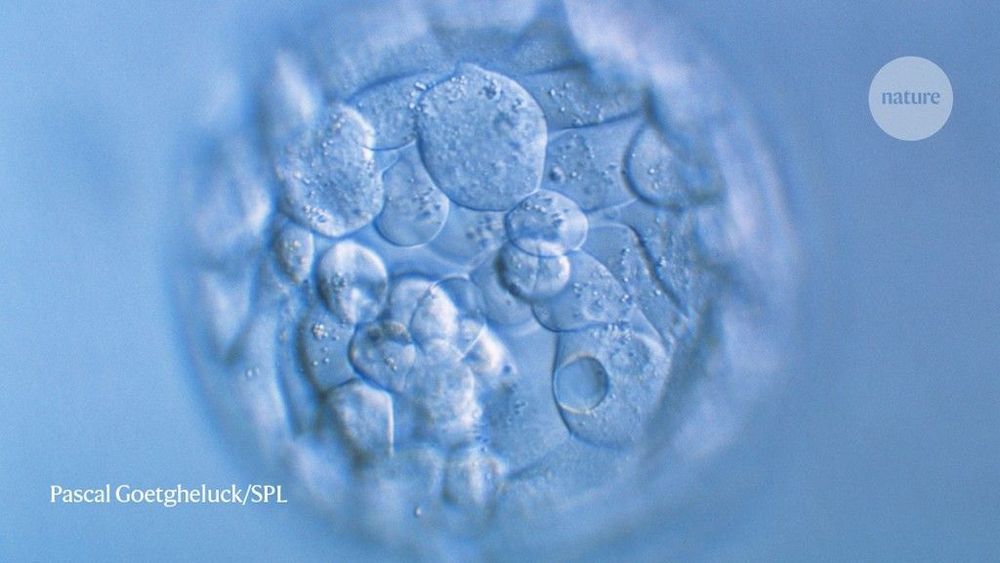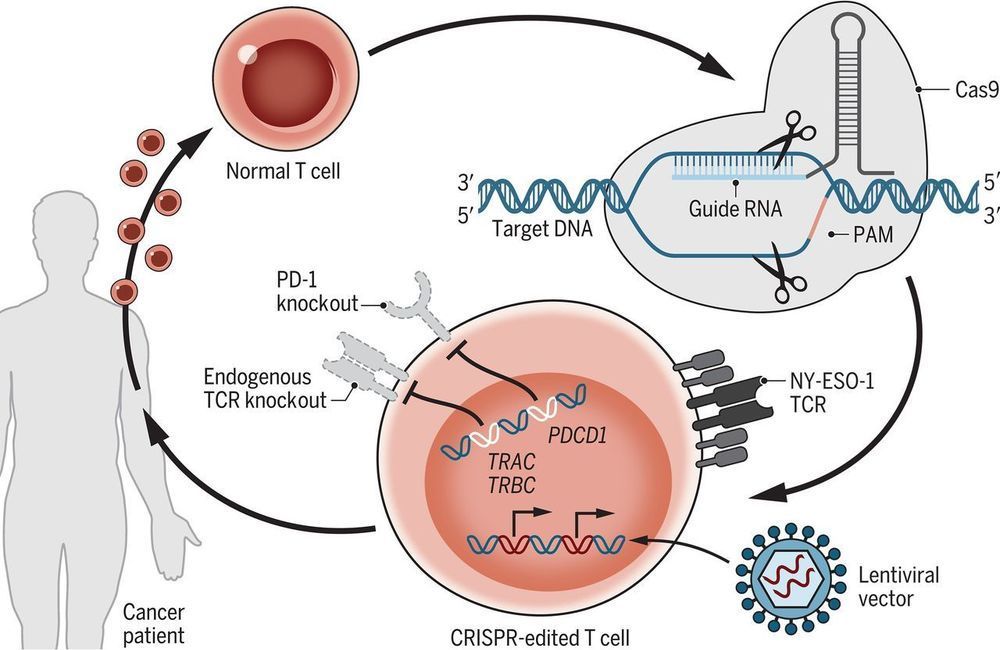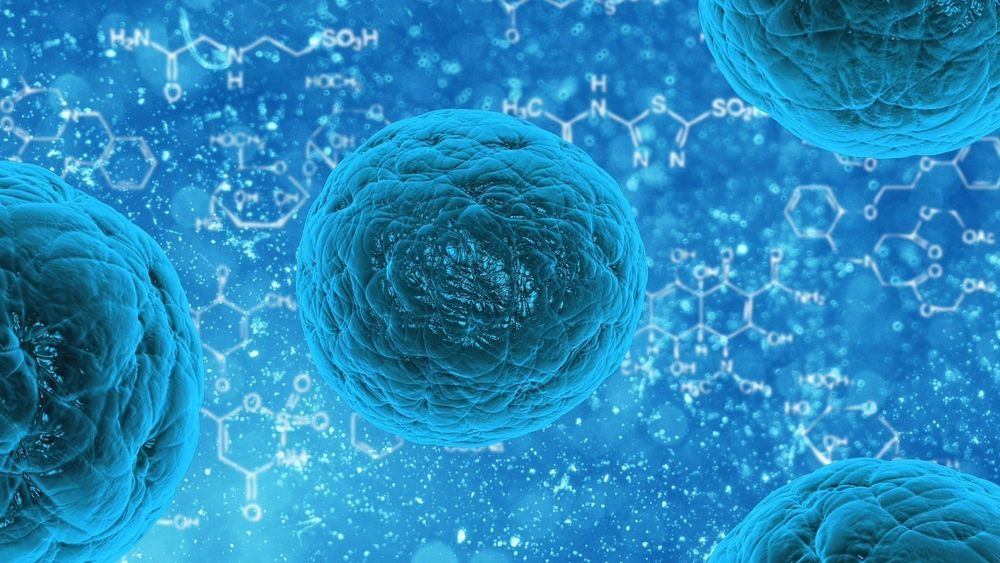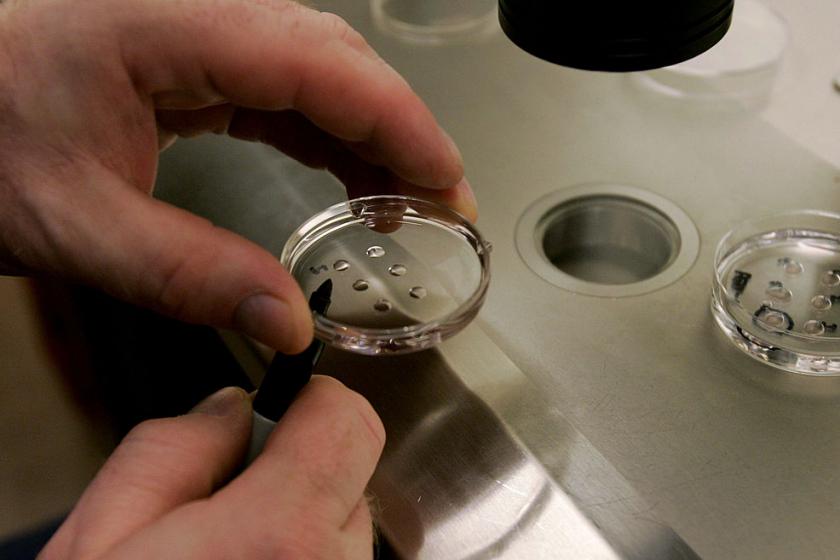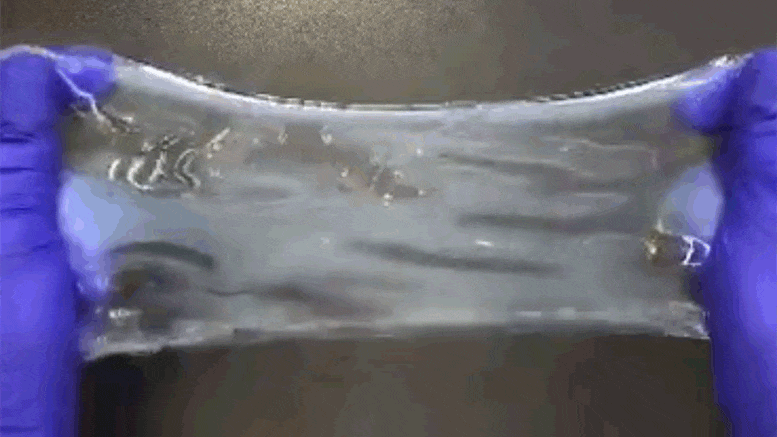Rigid electromagnetic actuators have a variety of applications, but their bulky nature limits human-actuator integration or machine-human collaborations. In a new report on Science Advances, Guoyong Mao and a team of scientists in soft matter physics and soft materials at the Johannes Kepler University Linz, Austria, introduced soft electromagnetic actuators (SEMAs) to replace solid metal coils with liquid-metal channels embedded in elastomeric shells. The scientists demonstrated the user-friendly, simple and stretchable construct with fast and durable programmability.
They engineered a SEMA based soft miniature shark and a multi-coil flower with individually controlled petals, as well as a cubic SEMA to perform arbitrary motion sequences. The team adapted a numerical model to support device miniaturization and reduce power consumption with increased mechanical efficiency. The SEMAs are electrically controlled shape-memory systems with applications to empower soft grippers for minimally invasive medical applications. The scientists highlighted the practicality of small size and multi-coil SEMAs for promising applications in medicine, much like in the classic sci-fi movie “Fantastic Voyage,” in which a miniature submarine destroyed a blood clot to save a patient’s life. In reality, Mao et al. aim to develop and deploy SEMA-based advanced microrobots for such futuristic medical applications, including drug delivery and tissue diagnostics with nano-precision.



